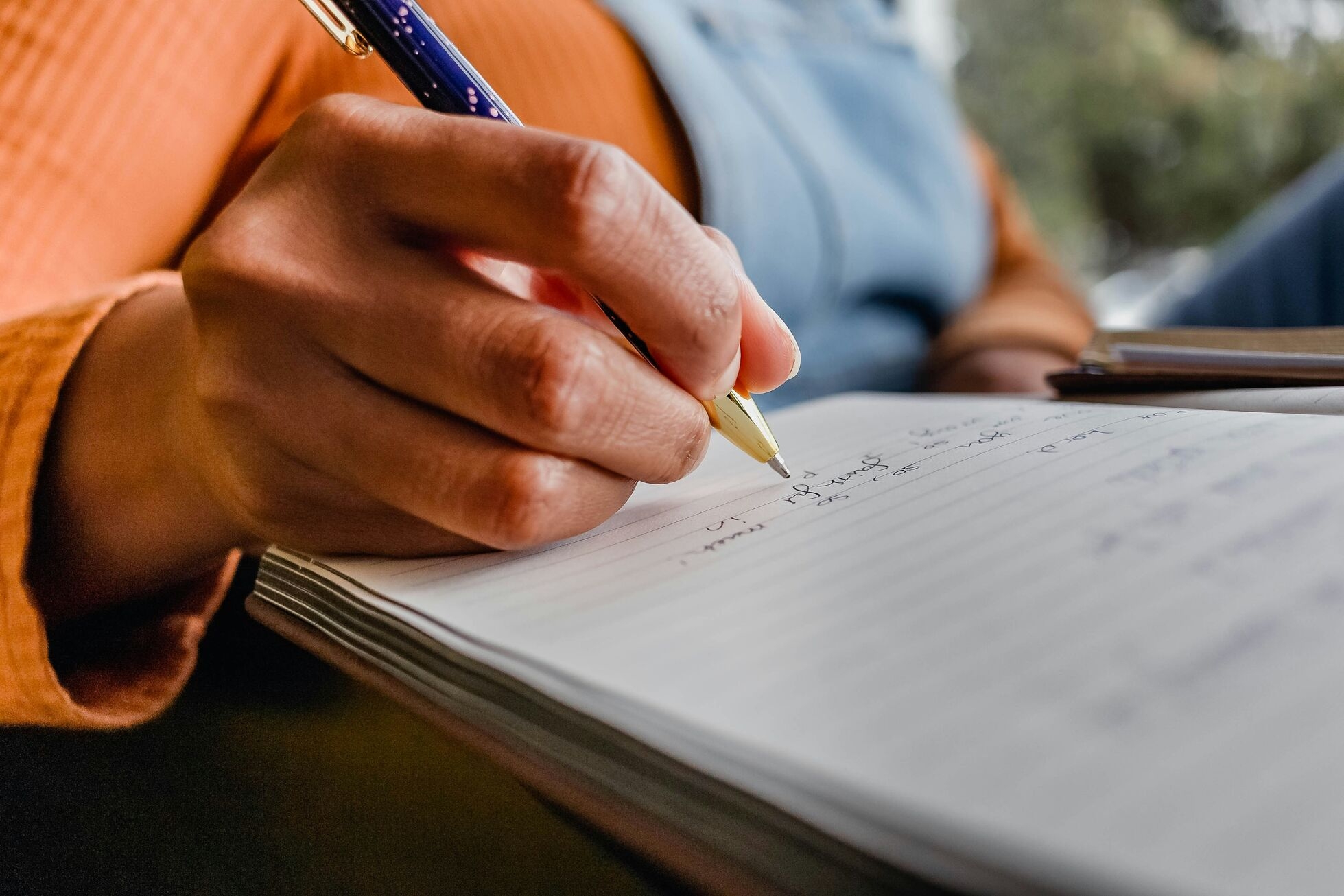Most of the anxiety of interview day stems from the unknowns – what the interview day protocol is? Who are my interviewers? What questions are they going to ask me? What is the interview format? Therefore, if you can minimize the unknowns, you can minimize the anxiety felt on interview day.
The first interview day is probably the most stressful day after taking the DAT for every pre-dent. It is the last challenge you must overcome before an offer of admission. I remember waking up to my first interview at Indiana University School of Dentistry – I was very nervous. I had a couple sips of coffee and a bite out of the muffin I bought the night before; I couldn’t eat. I gathered my belongings from the hotel room, put them in my car and drove off. It was a short drive, maybe 6 miles, but in my mind it was taking forever.
When I entered the school, I was greeted by the program coordinators, handed an information folder along with my name tag and chaperoned to the room where the other candidates were sitting. I probably looked like a deer in the headlights when I stepped in, I had no clue where to sit and I just froze for a second. I looked to the first empty seat I saw and walked over. I knew that if I was to get into the mindset of interviewing, I needed to engage in conversation. “Hello” I said and smiled at everyone at my table. It broke the ice and soon everyone around me began talking. It was working well, I began feeling a lot calmer and at ease.
The interview day procedures are essentially universal. You will go on a tour of the campus, see the clinics, the simulation lab, the library, the classrooms and most importantly the washrooms. That last part was a joke by the way. You can also expect a presentation providing additional information about the program, financial aid, followed by a question and answer session. Most schools also have a student panel question and answer session, which I found very helpful as they provide additional information that isn’t mentioned in the presentations.
A tip I can give you is to open your information folder and get an idea of what the interview day will look like for that school, and what information they have provided you with. Some schools will have the names of your interviewers in the folder or other useful information. If you get the chance, you can visit the washroom and do some quick research about your interviewer. Maybe you will find some common grounds and you can leverage this information during your interview. Imagine how prepared you will appear when you are able to mention something about the interviewer; they probably haven’t experienced that before.
The majority of the schools I interviewed at conducted the actual interview in the afternoon, after the tours, presentations and student panel session. As the time drew near to my interview, I recall feeling nervous again, my muscles tensed and I could feel my heartbeat. I used an imagery technique I learned in undergrad. I pictured myself on the beach by the ocean. The trick is to envision every little detail: the sounds of the waves washing ashore, the smell of the caribbean air, the feel of the sun rays reflecting off your skin and the incredible view. Doing this will relax your entire body and put you in a more comfortable mental and physical state.
As I entered the interview room, I knew that in order for me to have a great interview, I needed to take charge. I extended my hand first, smiled and said “Hi, how are you doing?” And when they asked me, I always said “great or awesome, I’m very happy to be here.” This elevates the mood in the room. I was still a little nervous, but I realized this would all be over in 30 minutes. Now that may seem like a long time, but in the interview seat it goes by very fast, and before I knew it, I was shaking hands again and thanking my interviewers for their time.
From here, we went back into small groups and had a quick sit down with the dean of admissions – someone who has a big say on your application outcome. When the dean of admissions asked our group what they really liked about the program, I quickly raised my hand to answer. Another piece of advice I can give you is to participate and engage with everything that happens during interview day. Express your interest continuously, even if the program is not your top choice. You never know what your outcome of the application cycle will result in, and perhaps this program will be the only one to offer you admission. I have seen many cases of students who have great academics and present a good application but because they didn’t prepare for the interview, they got rejected or waitlisted and had to re-apply. Lastly, don’t get comfortable and neglect future interviews following what you believed to be a great interview at your “top choice.” I had some interviews that I thought I did outstanding in, yet I was still initially waitlisted at a couple programs before I was offered admission. Treat every interview as it’s your only one. My philosophy is: until you receive an acceptance from your top choice, the cycle isn’t over for you.
At the end of the interview day, I remember walking down the steps of the dental school and waving goodbye to the other candidates. During my drive home, I reflected on what made me so nervous about the process.
I think most of the anxiety of interview day stems from the unknowns – what the interview day protocol is? Who are my interviewers? What questions are they going to ask me? What is the interview format? Therefore, if you can minimize the unknowns, you can minimize the anxiety felt on interview day. Below I have provided several resources that I believe will be crucial to ensuring you have a success application cycle:
Get everything you need in one place. Start studying today for free.

















